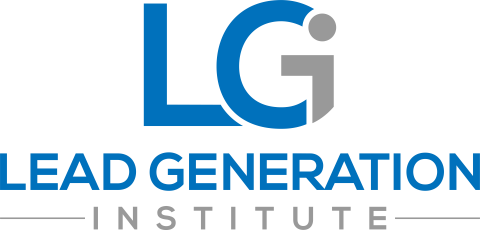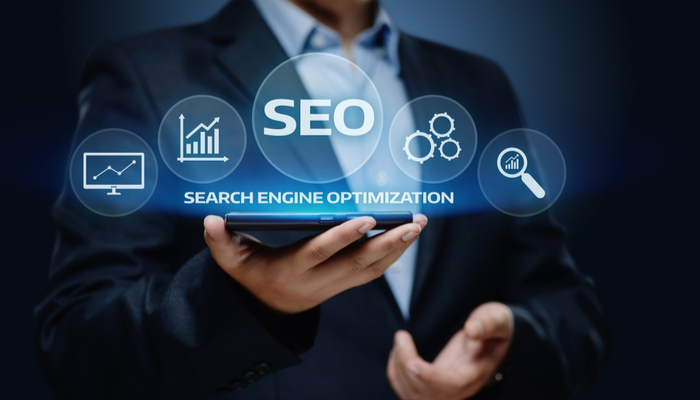Search Engine Optimization (SEO) describes a series of tactics that brands can use to boost their ranking on search engine result pages (SERPs). We all know that the ideal scenario is to have your web pages reach the first few slots in Google’s or Bing’s results because almost no one will go beyond that when researching a topic. SEO will help increase your web pages’ search engine ranking, which will provide you with more exposure and, ideally, more web visits and leads.
It is, nevertheless, important to mention that SEO isn’t the only thing responsible for how well a web page ranks on search engines. Other things factor in as well. For example, Google has numerous algorithms that determine page placements and rankings, regardless of the state of your SEO. That said, you shouldn’t neglect your SEO since there are plenty of techniques that brands can use to improve their rankings by a significant margin.
For optimal rankings on a search engine, a business will need three major things:
- A Search Engine Friendly Website
- Optimized Content
- Links Pointing to the Website (Backlinks)
While there is no shortage of SEO tactics that we can include in this article, we will try to focus on those that are the most relevant and most effective.
Keywords
Keywords sit at the foundation of every SEO strategy. Keywords represent words and phrases that people put into search engines, also called “search queries.” These should be used pretty much everywhere, including in your URLs, headings, meta titles, image tags and page texts. It’s important for organizations to develop keyword strategies, trying to anticipate their target audience’s interests and intentions. Granted, there are a lot of tools that allow you to streamline this process.
In any case, companies may start by focusing on some of the most common keywords and phrases. Over time, it may be more effective to go after less commonly used terms called long tail keywords. Though these may not generate as much traffic at first, they have a better chance of ranking higher due to their lower competition. Long-tail keywords are shown to be more effective as they are easier to rank and will end up producing more ROI. These are three and four keyword phrases which are very specific and will target a niche audience.
Where do I use these keywords?
Search engines place priority on where a keyword is located. Example if the keyword “Sales Lead Automation” is entered into a search engine they will first look to see if there is a website with the url Sales Lead Automation. For that reason you might find it advantageous to use a functional keyword as your company name like Sales Lead Automation. This might limit your branding capability but your overall improvement in your ranking results might outweigh any branding limitations resulting in more traffic and leads. This is why url structure is so important in building your website.
Meta Tags
Meta tags will provide data about your page to both search engines and your website’s visitors. In most cases, it’s best to use keywords when creating your meta tags. They make it easier for search engines to determine what your content is about, thus helping with indexation and ranking. There are several types of meta tags to pay attention to. These are as follows:
- Title Tags and Meta Descriptions – A title tag is an HTML element that specifies the title of a web page. Title tags play a major role by helping search engines understand what your page is about, and they are the first impression many people have of your page. They are basically, the page/article title that appears in the search results.
Meta descriptions hold almost equal importance to title tags. These appear as snippets underneath title tags and should provide an accurate description of the content presented on the page. You should use a keyword in the title tag and meta description but refrain from using it multiple times. - Header tags – These are part of your content and stand to represent the headings and subheadings you use to structure your page. Aside from improving the user experience (which helps with ranking) they also help search engines understand the page’s content.
The h1 tag typically denotes the title of the page, while h2 stands for the subheadings used to break up the content. These can go up to h6, highlighting the importance of each section. That said, for h1 and h2, you should use keywords. - Image tags – Also known as alt tags, these describe the visual content of the image. This form of image optimization is an effective element of modern SEO, helping out both search engines and people. They also provide a text alternative in the event the image doesn’t load. You should only use keywords here if they make sense. Otherwise, it may hurt the user experience by affecting the accessibility of the content.
Tip: Alt or image tags are also very important to use when designing your email campaigns because most email clients are et not to show an image but they do show the alt tag so users can see there is an image there and what the image is labeled as.
Internal Linking
Links, or sometimes known as backlinks, are references to your content on other websites. So, every time another website points a reader to your content, they will backlink to your page. You can gain mentions and backlinks in a couple of ways. The most straightforward one is to provide value in your content. The more relevant and thorough the information is, the higher the chances you will get backlinked.
Likewise, you can employ various influencer marketing techniques, such as being interviewed by publications. When search engines identify links redirecting to your website, your page will rank higher in search results. This is especially true if the site linking to your page already has a high page rank authority.
While this list is not exhaustive in terms of SEO strategies, they hold the most relevance in terms of effectiveness.
If you want to learn more about search engine optimization and page rankings, please feel free to contact us directly or subscribe to our newsletter.




